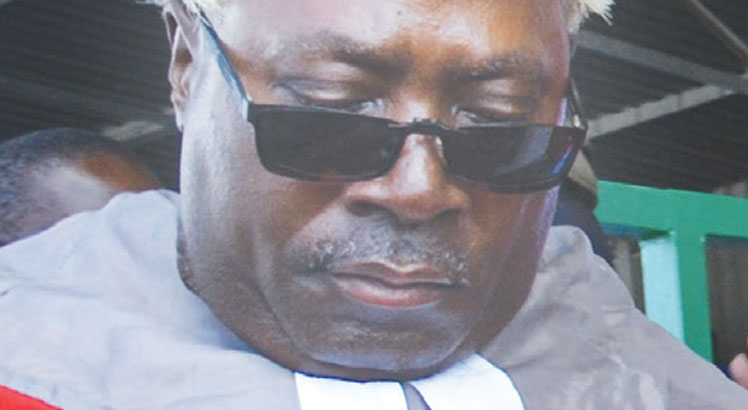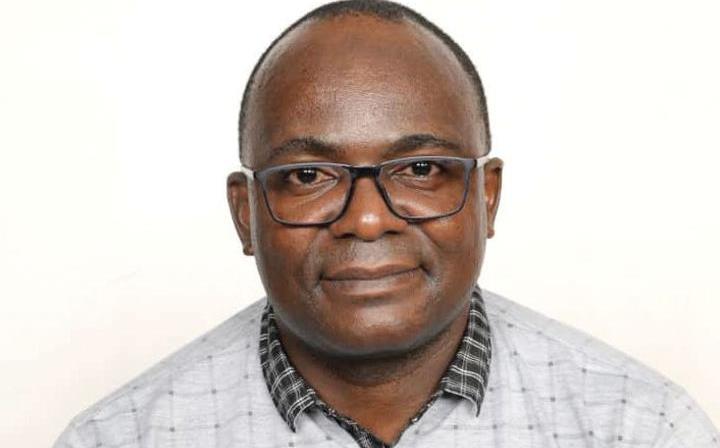The Malawi Law Society (MLS) and Anti-Corruption Bureau (ACB) have welcomed the Practice Directions that Chief Justice (CJ) Rizine Mzikamanda has issued on the new Financial Crimes Division.
The CJ on April 25 2023 issued Practice Directions (steps) on handling cases at the newly-established Economic and Financial Crimes Court to accelerate disposal of financial crimes matters.
The steps to be observed by all Divisions of the High Court, among others, state that judges will only be allowed to continue handling a case if it has reached trial or substantive hearing stage.
The directions further state: “All new financial crimes matters handled by the High Court and filed after the Courts (Amendment) Act No 36 of 2022 on November 18 2022, shall be heard, tried, determined and disposed of by the Financial Crimes Division of the High Court.”
According to a copy of the Practice Directions 1 of 2023 dated April 25 2023, which we has seen, the steps are in line with Section 6A (F) as read with Section 2 of the Courts Act
Stayed the ruling:
Justice Kapanda
Reads the document signed by Mzikamanda: “Pursuant to Section 6A (2) of the Courts Act, where a person or competent authority commences a financial crimes matter or makes an application relating to a financial crimes matter in a Division of the High Court other than the Financial Crimes Division, the registrar shall, on his or her own motion or on application, immediately transfer the matter to the Financial Crimes Division.”
In a response to our questionnaire, ACB spokesperson Egrita Ndala expressed hope that the arrangement may help in the management and expeditious disposal of the financial crimes.
Said Ndala: “As it is now, there are several cases that were in the other divisions of the High Court that have been transferred to the Financial Crimes Court.”
Some of the cases include that of former minister of Lands Kezzie Msukwa, which is in the appeal court after Supreme Court judge Frank Kapanda stayed the ruling of the High Court nine months ago.
Msukwa was arrested in June last year on allegations that when he was minister of Lands he facilitated illegal sales of land to businessperson Zuneth Sattar. He is alleged to have received millions of kwacha and a vehicle for the dubious deals.
The other case involves former Inspector General George Kainja, who the bureau arrested on June 23 2022 for allegedly receiving bribes from Sattar to influence the awarding of a contract to him to supply 350 000 food ration packs.
The former police chief, just like Msukwa, applied for judicial review of the bureau’s decision to arrest him based on foreign evidence connecting him to Sattar.
In an earlier interview, Ndala informed this newspaper that the bureau was also working on an application to commit the case of Vice-President Saulos Chilima’s alleged involvement with Sattar to the Financial and Economic Crimes Court.
Chilima, who was arrested on November 25 2022, was slapped with six counts of corruption for allegedly receiving a $280 000 (about K290 million) bribe from Sattar to secure government contracts.
But MLS while describing the Practice Directions as a good interim measure stressed that it should not be treated as a lasting solution.
MLS honorary secretary Gabriel Chembezi in an interview on Thursday said they believe that the lasting solution to quick disposal of cases is to have the rules which the task force on the establishment of the Financial Crimes Division has been working on, finalised and effected as a matter of urgency.
He did not divulge the details of the rules that the special task force came up with.
But said Chembezi: “We also recommend proper funding and establishment of the Financial Crimes Division in all the regions of the country so that the fight against financial crimes should be robust and consistent across the country.
During the MLS annual general meeting two months ago, the society’s president Patrick Mpaka indicated that when a MLS-Judiciary special task force on the establishment of the Financial Crimes Division started engaging judges directly at the High Court’s ruling.
The judge then proceeded to grant reliefs sought by the MLS which included a declaration that the director general of the bureau is immune from any civil or criminal proceedings in respect of any act or thing done or omitted to be done unless in bad faith in respect of such act or thing is alleged.
The other declaration was that the decision of the SPC to issue the interdiction order against her without any express directive from the President was unconstitutional and amounts to impairment of the immunity clause.
Gondwe described the court’s decision as a watershed in terms of the law on judicial review proceedings.
“However, we are liaising with our clients on the other pronouncements made by the Judge. I am in contact with my clients and the Attorney General on how we should proceed in view of this ruling,” he said.
But MLS president Patrick Mpaka said the ruling was a significant contribution that the Judiciary has made in defining the standards in constitutionalism and in the fight against corruption in that it underscores the need for independence of the ACB in its work.
“In the public interest and for the general good, the bureau can relentlessly and fearlessly pursue the fight against corruption without ACB officials fearing for their survival in office
The post MLS, ACB welcome CJ’s practice directions first appeared on The Nation Online.
 Moni Malawi
Moni Malawi 

